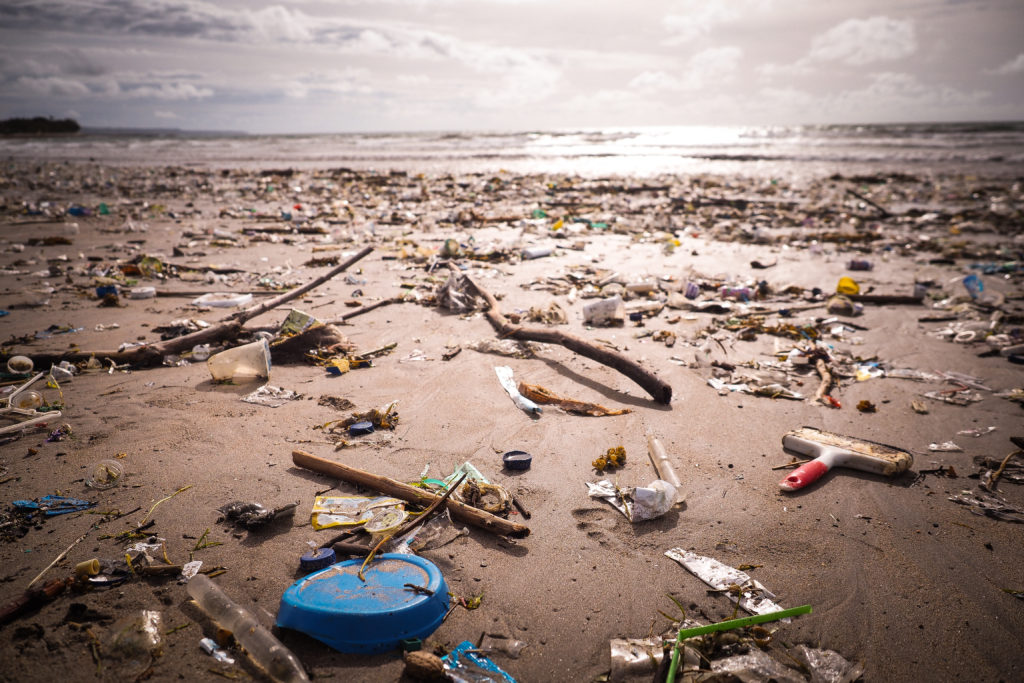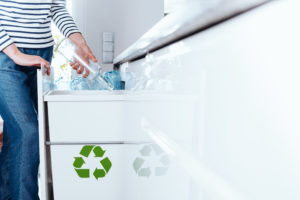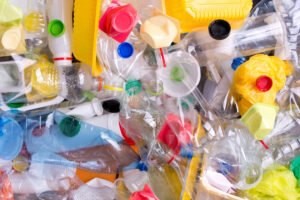
Blog
The Value in Trying: Why Consumer Brands Chose to Sign the U.S. Plastics Pact
The United States is at a sustainability crossroads. Stand by and watch our oceans fill up with waste or act now for a chance at a cleaner future.
The Consumer Brands Association supports action. From developing its recycling policy platform to founding the Recycling Leadership Council (RLC), we consistently choose to get involved in solving the plastic and packaging waste crisis.
Today, we built on our propensity for action by joining the U.S. Plastics Pact. The effort, organized by three NGOs, the Ellen MacArthur Foundation, The Recycling Partnership and the World Wildlife Fund, is a group of organizations united by the mission of promoting a circular economy for plastics. The pact envisions a world where plastics never become waste in the first place, though packaging innovation, increased recycling rates and using much more post-consumer recycled content.
Success demands collaboration from every industry and stakeholder, which made Consumer Brands’ involvement necessary.
Success demands collaboration from every industry and stakeholder, which made Consumer Brands’ involvement necessary. In January, when we launched the RLC, our message was simple: no one industry can solve the packaging waste crisis alone. It will take collaboration across multiple sectors to create meaningful change. That same idea drove us to join the Plastics Pact, recognizing the need for our industry’s voice at the table.
As the association representing the leading food, beverage, household and personal care brands, our members are on the cutting-edge of packaging innovation, and have made major commitments toward increasing the recyclability, improving the design of packaging for their products and enhancing the amount of post-consumer recycled content in new packaging. CPG companies are already leading on many of these issues and know they have much more work ahead.
Plastic waste is a complex issue and Ellen MacArthur Foundation has taken a layered approach to solutions. The pact is distinct in that it is plastic-focused, a piece of the waste crisis that needs and deserves attention.
The pact has put forward lofty goals and aggressive targets and deadlines — some are possibly too aggressive to be met in time, but that certainly doesn’t mean we shouldn’t try. In trying, progress is certain. And that progress is accelerated by the groundwork other efforts have laid in recent years, as these issues have some to the forefront of society.
As both an industry and as a society, we can and must do more. By joining forces with stakeholders from varying industries, all with different goals, ideas and expertise, the group and its mission will be strengthened. We may not see eye-to-eye on everything, but we can agree on what matters: the importance of reducing plastic in our environment and finding and implementing solutions to achieve that goal.
The plastic waste crisis is a big problem, one that deserves equally big solutions. The path ahead is daunting, but we must put our shoulder to the wheel, for the sake of every generation to come. Consumer Brands and our fellow pact signatories are trying to lead by example and pursue change. I’m hopeful others will too.
Published on August 25, 2020



